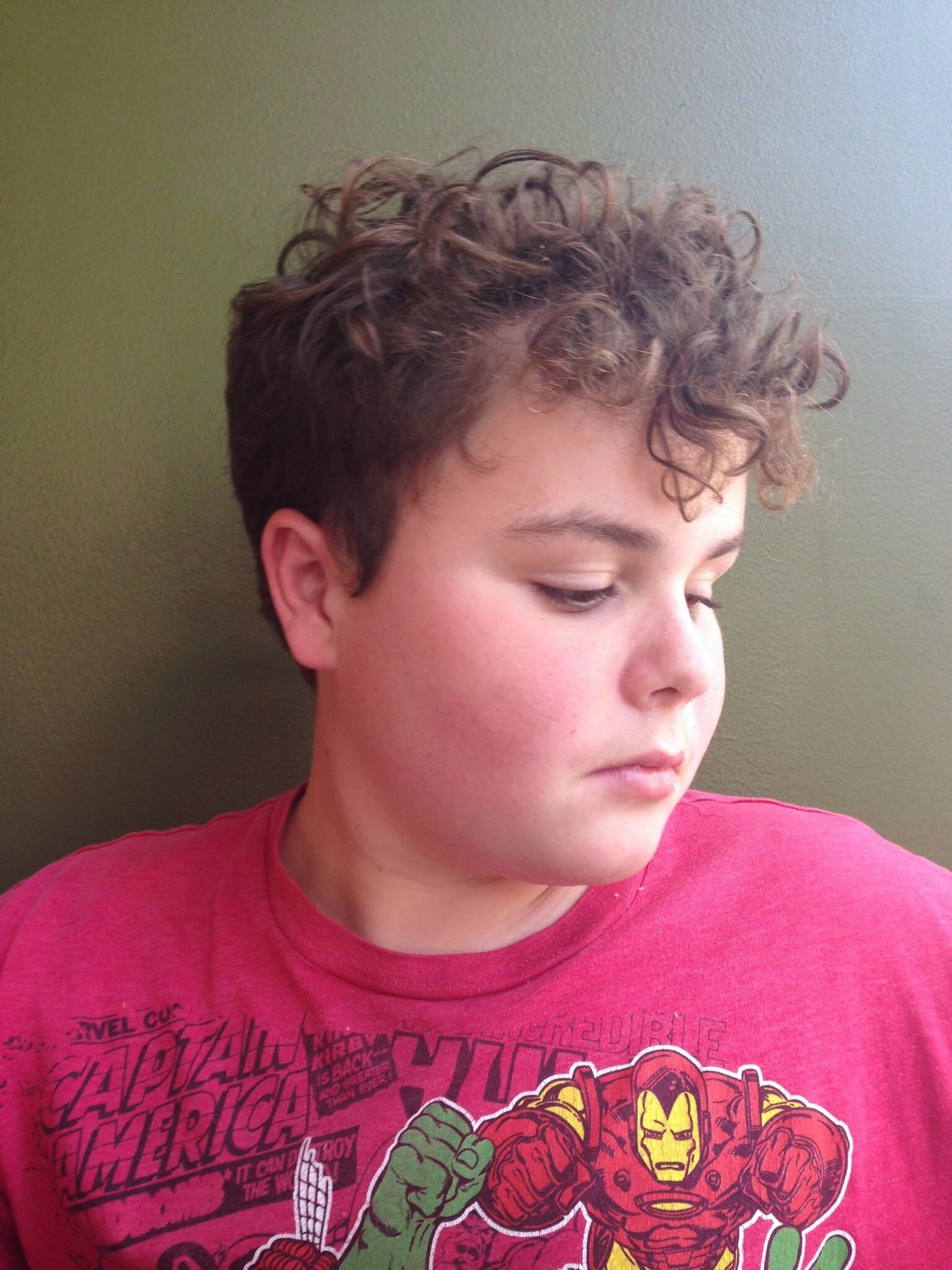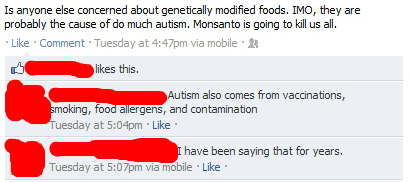Kit Mead kpagination.wordpress.com Photo: Mike Wilson. Creative Commons license. [image: White paper houses with different colored doors & windows.] Introduction Less than a month after I wrote a blog post on the media misrepresentation of Autistic people like me, I’ve gotten wind of yet another case of journalism that misrepresents Autistic people – and in this case, community living too. The article is courtesy of Rolling Stone and the Atlantic reprinted it. I could link to it, but it’s one of the top results if you google “Rolling Stone autism.” Here are the two main premises of the article: High support autistic people can’t live fully in the community. But group homes cost too much. We should fund farm-based settings instead. The Medicaid settings rule in 2014 that declared most farms and compounds for disabled people segregated settings ruined many parents’ hopes and dreams. So… it’s unethical (because it is…
Tag: reporting
Dear Robert Krulwich, Jad Abumrad, and the Radiolab team: Your autism-focused episode Juicervose has destroyed my faith in Radiolab and the integrity of its reporting. Rubbernecking about autism and autistic people is usually the realm of inexperienced journalists, but you don’t have that excuse. In fact, you have a MacArthur “genius grant” recipient on your team specifically because of your focus on “bringing new ideas to people.” So why did you choose to amplify the same hurtful, tired autism stories the media always airs? And why didn’t you show more compassion for autistic people themselves? Sure, you talked to Temple Grandin. With respect to both her and your team, every person on the planet has heard what Temple Grandin has to say about autism. Her ideas are not new ideas. And yes, you talked to Owen Suskind. It was wonderful to hear his voice and his perspectives. I am sincerely…
Colin Meloy colinmeloy.tumblr.com A friend of mine wrote me asking why I’d suggested on Twitter that people stop reading the Huffington Post, saying that the political reporting is still really strong and important. This is what I wrote in response: Hey Sarah, Yeah, so maybe I got a little short in that tweet, but it’s hard to fit detailed reasoning into 140 characters — it was mostly just a frustration vent. I clearly hit emergency levels re: HuffPo, which seems to happen too often. Agreed: a lot of the political reporting is good. The editorial is awful, though. For whatever progress is made by the clear, insightful reporting done by the site’s fine political reporters is deeply undercut by the way it’s presented, with 5,678 point type headlines manufacturing outrage and sensation over every little thing that comes across their desk. Also: the constant feed of ugly, demeaning celebrity-worship-perpetuating trash…
Jessica Severson theseversons.net Part one surveys the first part of the sequence of events by which research turns into pseudoscience, and “truth fades away in favor of headlines and pageviews and gossip.” Onward. Part Five: News Articles This is a process. First research, then op-ed, then press release and finally news articles. So what’s the headline of our news article? Top 10 Chemicals Most Likely to Cause Autism and Learning Disabilities. Guilty of serious fear mongering, no? A more accurate title may be: Researchers propose list of chemicals potentially tied to neurological development for further study. But I doubt anyone’s going to write that. The article itself, to be fair, is full of caveats. The reasons for the increase in autism are “controversial.” There is a “gap in the science.” But then you get a sentence like this: But clearly, there is more to the story than simply genetics, as…
Jessica Severson theseversons.net I am putting my foot down. As the parent of an autistic child I hear a lot about vaccines and about half a million other things that people think cause autism. I’m hyperaware of the attention autism gets in the media. So I know about the CDC’s new stats on autism rates. I know about the debate on whether the increase in autism is due to more awareness and diagnosis or more actual occurrences. (Personally, I find the former to be a serious factor, though who’s to say how much.) And I see all the articles that come out week after week about the millions of things that are linked to autism. There’s a recurring problem here. Valuable research is done. Research is disseminated. Information is reported. Articles are read. Findings are spread. And what starts in a lab ends up in a Facebook status. What starts…


